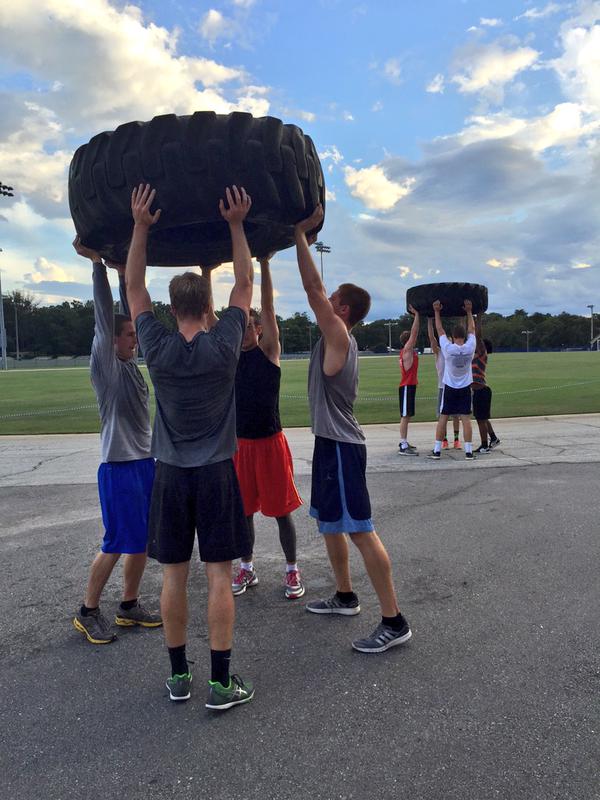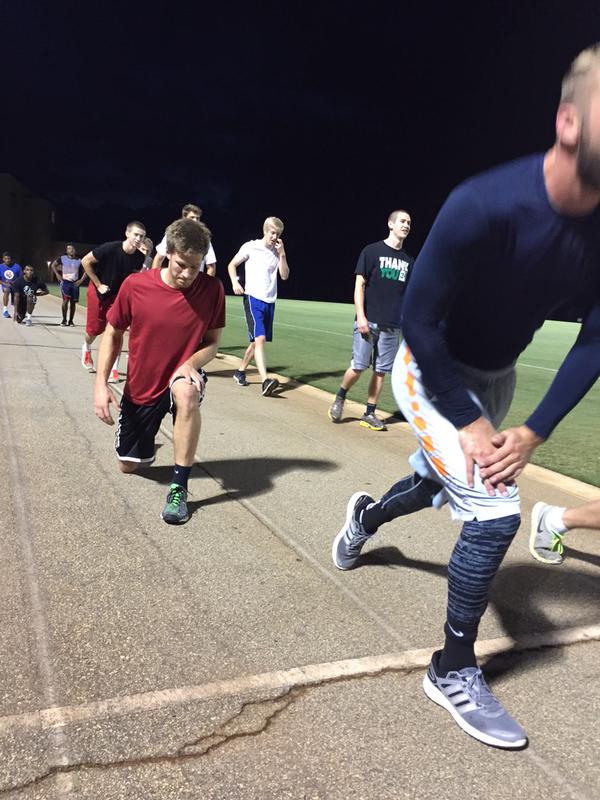Leaders are constantly in a state of communication. Whether it’s in a meeting, on social media, text messages, live videos, or phone calls, we seem to always find ways to consistently stay in touch with our people and what is going on. While thorough communication is good and necessary, sometimes what we perceive as good is hindering us in other ways. One of the best pieces of advice I’ve ever received was to hang up.
One of my favorite places to make phone calls is while I’m driving in my car. It’s quiet and there is often enough time to have a valuable conversation with someone before I arrive at my destination. But as a young leader I would find myself pulling into my driveway, deep in conversation with a recruit or a mentor with no end in sight. Although my conversation on the phone was going well, I would fall into one of two traps. I would walk inside, where my family was waiting to greet me, still on the phone, or I would stay talking in the car parked in the driveway for the next several minutes while my family waited inside for me to come in. Both traps seem trivial, but they hindered my relationships with my family even though I was building relationships with others.
“Anytime I’m having a phone conversation in the car I need to begin wrapping it up when I’m halfway home.”
The advice I received to hang up looks like this:
Anytime I’m having a phone conversation in the car I need to begin wrapping it up when I’m halfway home (assuming it’s a local trip appx. 20 min or less). We all know some phone calls can take a few minutes to talk through the final details and say goodbye, so knowing when you are halfway home is a good reminder to begin shutting it down. Once I pull into my driveway, I always end the conversation and make sure to walk inside with my attention fully devoted to my family. This transition is crucial and helps me go in with the best mindset possible. It gives me time to decompress and get my emotions to a place where I will be the best I can be for my family, no matter how the phone call went. I can schedule calls for later in the evening or the next day if there was some sort of topic we still needed to discuss. I learned if I waited until I was home to start ending a conversation, it was too late. This small piece of advice has allowed me to transition smoothly and be more present with whoever I am meeting at the destination.
Next time you’re deep in conversation while you drive, make sure to begin ending the call halfway to your destination. It will give you the clarity of mind to transition smoothly into your next phase of the day!
If you have any questions or other advice regarding this, please send me an email at coachwingreen@gmail.com.











